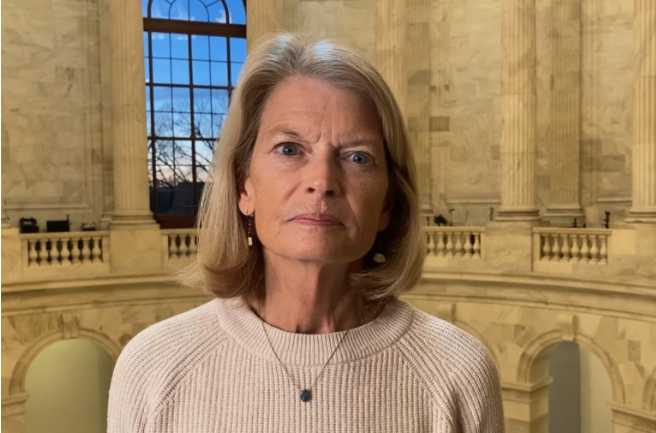Wednesday brought the passage of a $1.9 trillion coronavirus relief bill, a key policy initiative of U.S. President Joe Biden at the halfway point of his first 100 days in office.
Biden is set to hold his first prime-time address as president Thursday, using the speech to both discuss the aid package and its effects on American households going forward and to talk about the past year in which COVID-19 has killed more than 529,000 people and infected 29 million in the United States.
The aid bill was passed through the Democrat-controlled Senate and House of Representatives without Republican support.
Recent public opinion polls have shown overall majorities are in favor of the package, though there is far more support among those identifying as Democrats than among those identifying as Republicans.
The measure includes $1,400 checks for millions of households, extended unemployment benefits, and billions of dollars to help state and local governments and businesses that have been hit economically by the coronavirus pandemic.
“There is real reason for hope, folks,” Biden said Wednesday.
Biden plans to sign the bill on Friday, and members of his administration are embarking on a campaign to promote it with the president making a trip to Pennsylvania, and Vice President Kamala Harris making stops in California, Colorado and Nevada next week.
Cabinet secretaries will also be involved, and White House press secretary Jen Psaki said Wednesday the effort is in contrast to the days after a major economic rescue package signed by President Barack Obama in 2009 in response to the financial crisis.
“I was here during that period of time,” Psaki told reporters, “and I would say that any of my colleagues at the time would say that we didn’t do enough to explain to the American people what the benefits were of the rescue plan, and we didn’t do enough to do it in terms that people would be talking about at their dinner tables.”
Biden’s goals for his first 100 days included a target of getting 100 million COVID-19 vaccination doses administered. As of Wednesday, according to the Centers for Disease Control and Prevention, there have been 95.7 million COVID-19 shots administered with about 10% of the population fully vaccinated.
He fulfilled his commitment to reengage with the international community in ways that were severed during the administration of President Donald Trump, including rejoining the World Health Organization and the Paris Climate Accord.
On other climate-related pledges, Biden has revoked a permit for the Keystone XL oil pipeline project, halted new oil and gas leases on federal lands and offshore waters, and stopped development in Alaska’s Arctic National Wildlife Refuge. [content id=”79272″]
Biden made pledges on a number of immigration policies and so far in his time in the White House he has stopped construction on Trump’s wall along the U.S.-Mexico border and ended Trump-era travel restrictions on people from a group of mostly Muslim-majority countries. Biden said he would introduce a comprehensive immigration reform bill, something he unveiled last month. And, in support of a program that began when he served as Obama’s vice president, Biden has issued an executive order to “preserve and fortify” protections for certain undocumented immigrants who were brought to the United States as children.
There remain a number of unrealized plans from Biden’s 100-day agenda.
Biden pledged to enact criminal justice reform, an issue that gained renewed prominence during the past year with a rash of police killings of African Americans and resulting massive protests calling for action. Biden promised to establish a national police oversight commission and to invest in community policing strategies.
He set out to reverse a Trump-era cut in the business tax rate, taking it from the current 21% back up to 28%, while also raising taxes on the wealthiest Americans while not increasing taxes for those making less than $400,000 per year.
Biden also said he would direct his secretary of housing and urban development to lead a task force focused on making housing a right for all.
[content id=”52927″]







